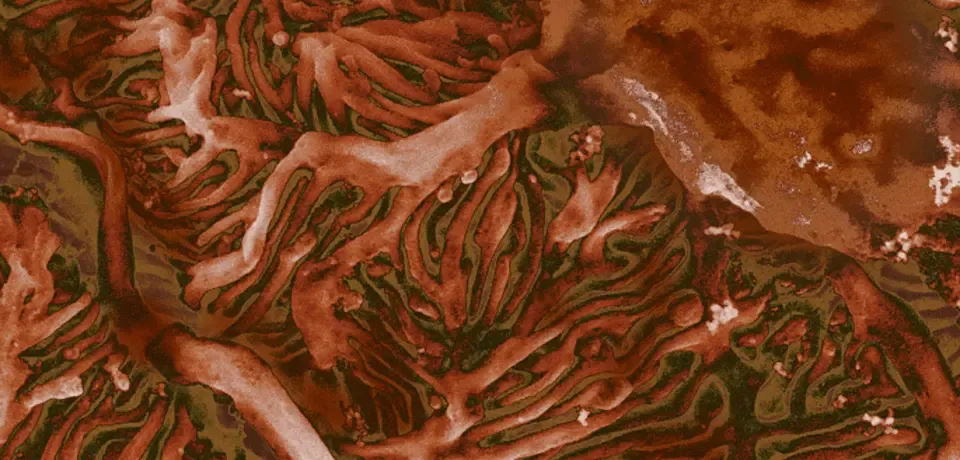Renal Medicine at Novum bygger på de goda förutsättningarna för forskningssamarbete vid Novum forskningspark i samverkan med Karolinska Universitetssjukhuset och Karolinska Institutet.
Gruppen har cirka 10 - 15 medarbetare, de flesta utländska gästforskare. Vi publicerar varje år cirka 20 originalarbeten och 10 översiktsartiklar eller bokkapitel och dess medarbetare medverkar aktivt med föredrag och abstracts vid internationella möten.
Bengt Lindholm, nefrolog, docent och senior forskningsspecialist är sedan 1995 chef för sektionen Renal Medicine at Novum som är en del av medicinska njursjukdomar (enhetschef Peter Stenvinkel).
Bengt Lindholm var under många år kliniskt verksam som nefrolog på njurmedicinska kliniken Huddinge sjukhus och var överläkare och klinikchef vid njurmedicinska kliniken, Huddinge sjukhus 1990–1992. Han var Director Scientific Affairs Europe vid Baxter Healthcare´s Renal Division 1992 – 2022 och adjungerad professor i medicinska njursjukdomar 2007–2019.

